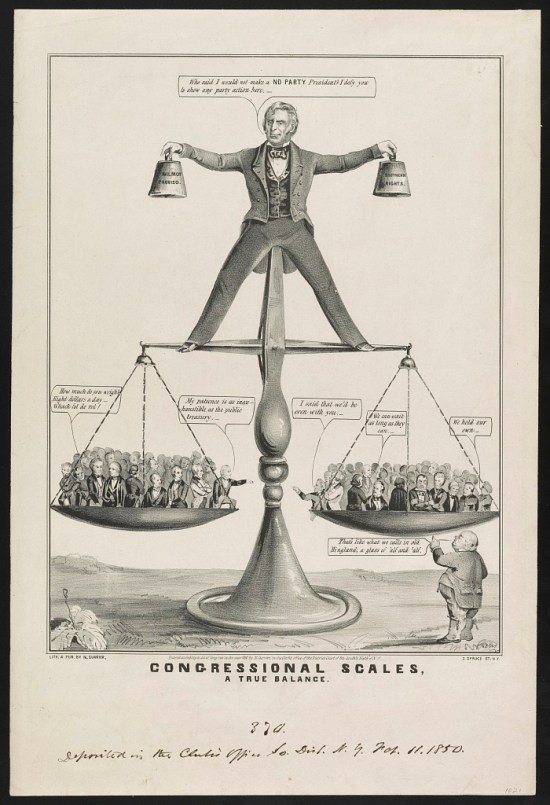
Donald Trump doesn’t know how to share power. His companies are private and he has never had to be accountable to other stakeholders. He would be terrible at running a public company. Now he is the head of the federal government, where the key concepts are “limited powers” and inter-dependency. Still he behaves as though he’s running the family hotel chain. Displease the big boss and one’s head will roll.
The situation presents Congress with an unusual opportunity to reclaim its former status as a branch co-equal to the executive. Trump’s style of administration suggests why the Framers did not go all in for an imperial presidency: to look to the present White House as a source of legislation and policy is sheer folly. This president may be capable of reforming (that is streamlining) the executive branch, and he may learn how to defend and represent American interests ceremonially. But, being reluctant to extend his trust to professional experts, his White House is not likely to become a font of innovative and workable legislative initiatives–which, after all, used to be Congress’s domain.
Once upon a time, the Senate was a center of intellectual excellence, where the chief leaders of the states spent endless hours in one another’s company. It was a tight-knit group, often described as a club, where members knew one another thoroughly, and where they took a strange kind of pleasure in devising bills that would meet the conflicting demands of (wait for it) their constituencies. The House, the Senate’s more rambunctious sibling, could not equal it in prestige and in certain periods was of such low quality that it could not sustain the interest of the press: quite different from the situation that prevails today.
What will Congress make of this opportunity? This era could be remembered as one when one-hundred senators and 435 representatives restored Congress’s vitality, when their creative and constructive energies went into crafting workable and forward-looking legislation, and when their power vis-a-vis the presidency earned them the nation’s gratitude and admiration. The fortunes of the nation would look less bleak if Congress’s full power to work for the good were being deployed.
Image: William Henry Jackson photograph of the Capital taken circa 1898
Published by the Detroit Publishing Company in 1949
The Library of Congress


